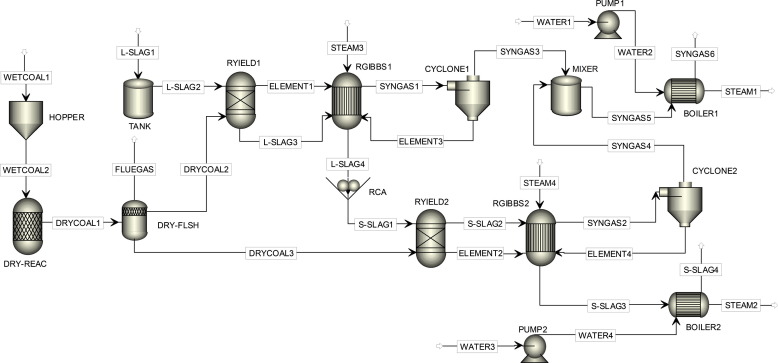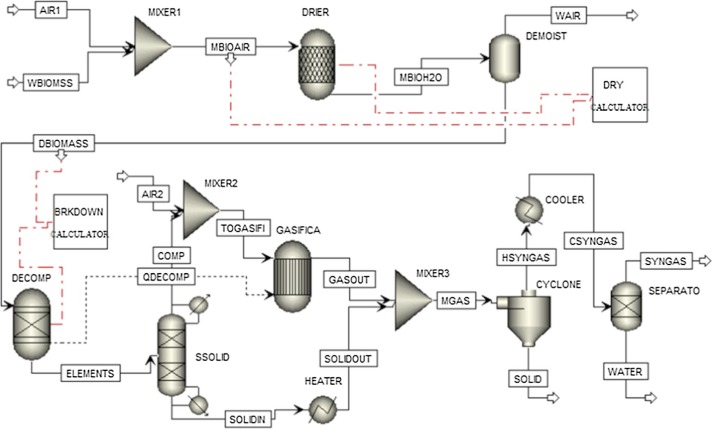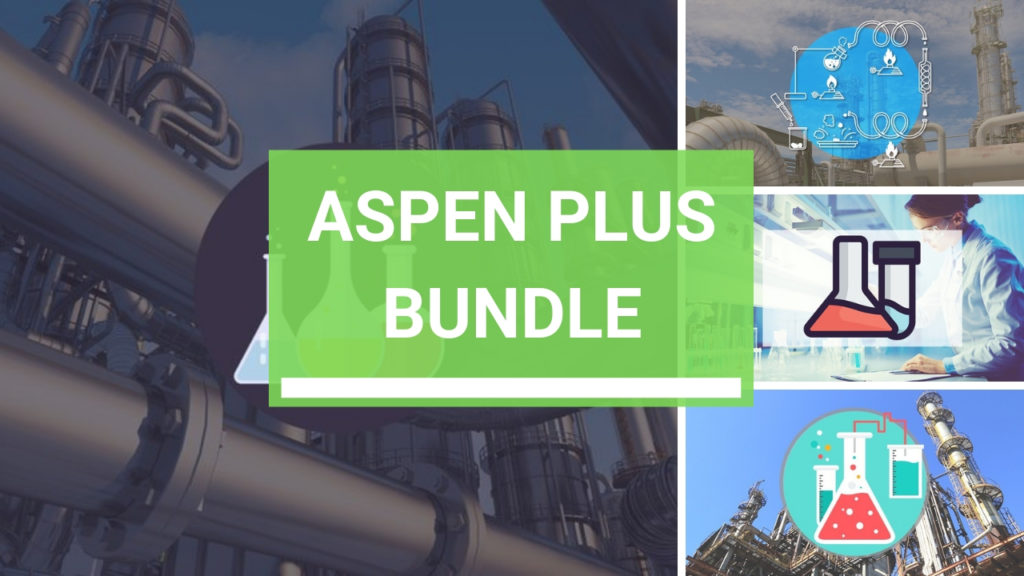Picture this: You have already attended several “BASIC” or “INTRODUCTORY” courses and now want to improve your simulation skills further. You keep getting the same material online, in workshops and other “basic” courses and now wonder: What should be the next course I take?
Actually, there is no “correct” course for you, you could take a variety of courses… But the ones I would recommend you are the following:
An Intermediate Course
- In my opinion, this is the most logical, easy to follow path. Simply continue with an Intermediate course, it should cover most of “common” topics or even “advanced” ones.
You should be increasing your knowledge in:
- More Unit Operations, specially “Rigurous” UO.
- Explore the Physical Property Environment further
- Hierarchy Blocks and/or User Blocks
- Use more the Analysis tools such as Sensitivity Analysis, Optimization, Restraints, etc…
- Learn more on how to manipulate the flowsheet, better formatting and presentation.
If you are interested on a course like this, do not miss this one:
Physical Property Related Course
In your BASIC course, probably you were wondering on all the tools that were present in the “PHYSICAL PROPERTY ENVIRONMENT (PP Env.)” and all the packages, binary parameters, property sets and many other things which can be modified.
As you know, the PhysProp Environment is one of the MOST IMPORTANT parts in your simulation. It will literally change the results of your simulation if incorrectly set.
That’s why it is very important to understand several types of packages and property methods.
Also, the PhysProps Environment will allow you to model NEW and INEXISTENT compounds as well as theoretical models.
You can select which types of equations and models your Property Method will be using and also the set of properties (property sets) that you want to get whenever running your results.
Also, most importantly, you will get to know the Analysis tools present in the PhysProp such as Binary, Pure, Tertiary Analysis.
If you are interested, check the course HERE.
Logical Operators Course
Logical Operators are those little blocks or tools that will help us do “mathematical” or “logical” operations. Those can be very simple, for instance, a multiplication of a stream, duplication of properties, or more complex such as boolean or addition of code.
This type of courses are aimed mostly for users with knowledge in coding.
It won’t hurt you if you take it 🙂

Specific Unit Operation Course
There are very straight forward courses which will explore several types of Unit Operations. The most common types:
- Heat Exchangers – multiple streams, shell & tube, plate, etc…
- Mass Transfer and Separation technologies – distillation columns, absorbers, extractors, adsorbers, membranes, etc…
- Reactors – Plug flow reactors, Continuous Strirred Tank Reactors, Packed Bed Reactores, Fluidized Bed, etc…
- Petroleum Refining Units – Hydrotreaters, Hydrocrackers, Naphtha Treaters, Blenders, etc…

Specific Process or Industry Course
If you are willing to learn more on your specific type of process or industries, or even learn more on new industries to open your horizons, then this is a good alternative for you.
These type of courses will focus on the simulation of processes in specific type of industries such as:
- Petroleum refining
- Petorchemicals
- Plastics
- Cement
- Biotech
- Pharma and so on…
Definitively worth it if you just want to go directly to the simulation.
I have a AP Bootcamp which includes 12 Case Studies, mostly based on Petrochemical applicaitons. Check here.
Specific Type of Substance Course
If you are focused on specific type of materials such as fine chemicals, pigments, colorants, pharmaceuticals, new materials, construction, aeronautic, bio, solids, electrolytes, etc… You then should take a course based on this.
The advantage of this is that you will be able to model such type of substances in the physical property environment AND in the simulation environment (unit operations and flowhseeting)
Debugging & Converging Course

Another type of course you might consider is a “debugging” course, or “converging” course.
These, as the name implies, work towards “making the simulation work”.
You will be studying the “back end” part of the software, understand iterations, Equation Oriented models, tear streams, how the software selects the numerical method approach, and so on.
Many times, results are not available simply because of this and not because of direct human error!
Now you know better!
Which course are you going to take? If you are interested in learning Aspen Plus, definitively check out my Aspen Plus Training – Bundle Courses
Happy simulations!

